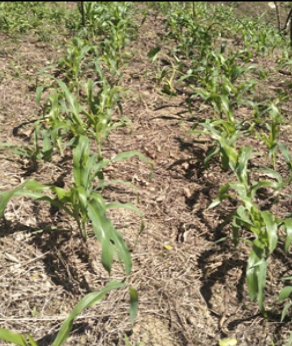
Helping Farmers in Sirequiche Increase Their Income
Helping Farmers improve the production capacity of their soils and improve their financial ability to provide for their families:
Helping Farmers improve the production capacity of their soils and improve their financial ability to provide for their families:
It is anticipated that within three years the farmers will accomplish the following:
Set up a bank account and deposit sufficient funds to cover the expenses of the next crop.
Ensure that the fields will be weed free and eliminate the need for herbicides.
Provide funds for their children’s education and other activities, like missions.
Improve the organic and soil nutrition levels in the soil.
Provide more fruits and vegetables for their family nutrition.
Increase the percentage of land that can be allocated to higher cash crops such as Cardamom, etc.
Improve sanitation and housing facilities.
The Kekchi farmers have unknowingly depleted their soil over the years.
Examples:
The burning of the corn stalks after harvest has been a huge problem, which was originally a religious practice. This practice destroys the crop residue that builds soil tilth and a productive environment for worms and beneficial microorganisms that retard water runoff that fills the streams and rivers of muddy water. We anticipate that within five to ten years the soil will be able to accept rain and eliminate top soil losses. Our farmers have quit burning.
The burning practice destroys Phosphate levels to as low 1 to 3 ppm, and it should be at 40 ppm.
We have devised a planting scheme that leaves the crop residues on the ground and provides a clear path to plant the next crop. High humidity and warm temperatures will decompose the previous crop residue. This system has been accepted by the farmers and an additional benefit is the extra plant growth that can be gained when the the soil profile is filled with water. This allows the crop to survive a two or three-week drought.
In order to get the plant population up, and still have wide rows for the next planting, farmers now plant double rows that are about 8 inches apart.
The picture on the left shows the planting configuration and the picture to the right shows how the field looks after it is maturing.
Power in Numbers
5000
GOAL
RAISED
25
FAMILIES HELPED
Project Gallery








